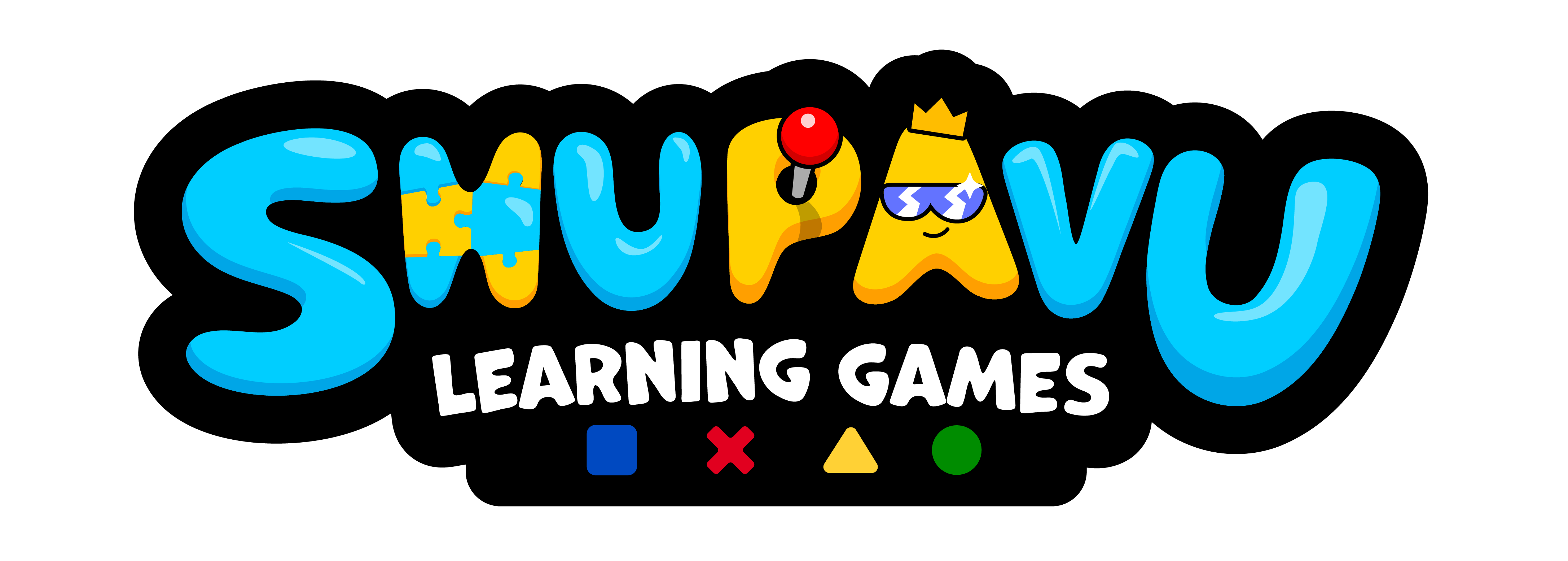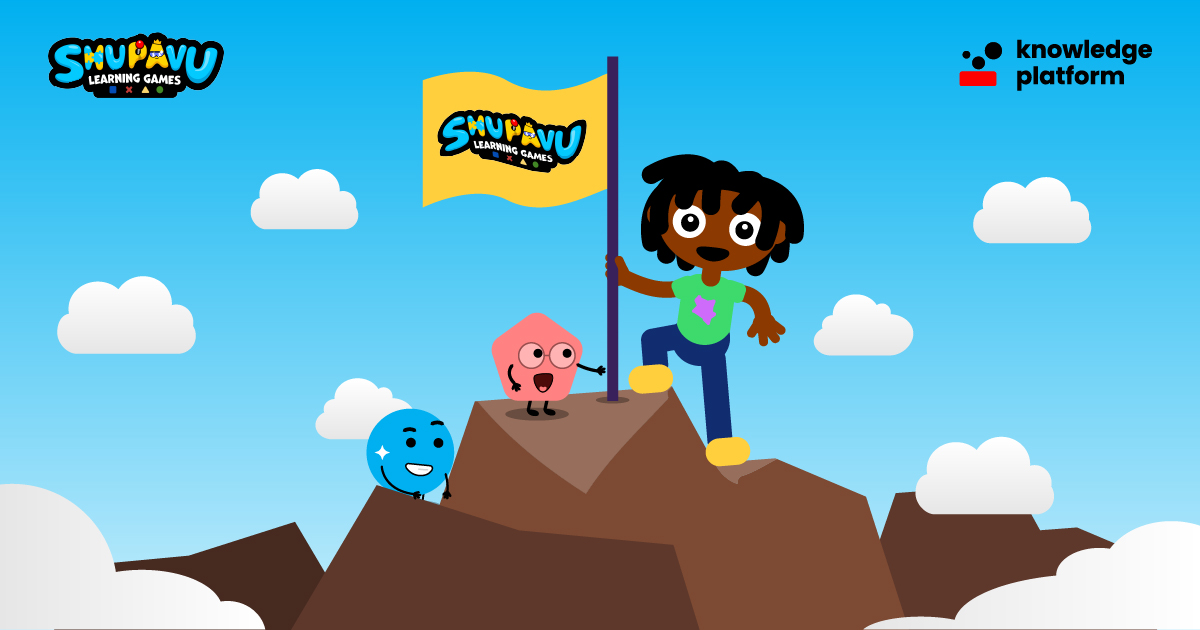In her seminal book, Reality is Broken: Why Games Make Us Better and How They Can Change the World, Jane McGonigal makes an interesting assertion as part of building a case for the value of video gaming:
“Games make us happier” she says, “because they are hard work that we choose for ourselves.”
This is a compelling notion—the idea that within a game or a gaming experience we happily exert and extend ourselves and do so to lengths we might find unpleasant in other contexts and might even actively seek to avoid. Why is this the case and what does it mean when gaming is applied to learners and learning?
In the book, McGonigal articulates a list of positive attributes of games, including but not limited to the fact that they provide structured challenges, clear goals and actionable feedback, they offer a satisfying sense of steady progress and growth, they give room to users to fail without fear of devastating consequences and they are able to fully engage an individual’s attention and motivation systems.
This is why game-based learning is a huge opportunity in education. It enables us to leverage these positive attributes of games to deliver meaningful, highly effective and enjoyable learning experiences to learners. Games in this context are not just supplemental, they can be a core part of the learning experience, a vehicle through which concepts and skills and behaviours are taught and acquired.
What does this mean for educators?
Consider how you can meaningfully incorporate games and gaming into various parts of your teaching process, from prompting them to activate prior knowledge, to helping investigate new ideas or assesing how effectivey they have learned. And the best thing about learning games is that they often balance cognitive, social and emotional learning, making them both highly effective and highly efficient for promoting learning.
Wondering how to get started? Go on over to Shupavu Learning Games and play a game today.

